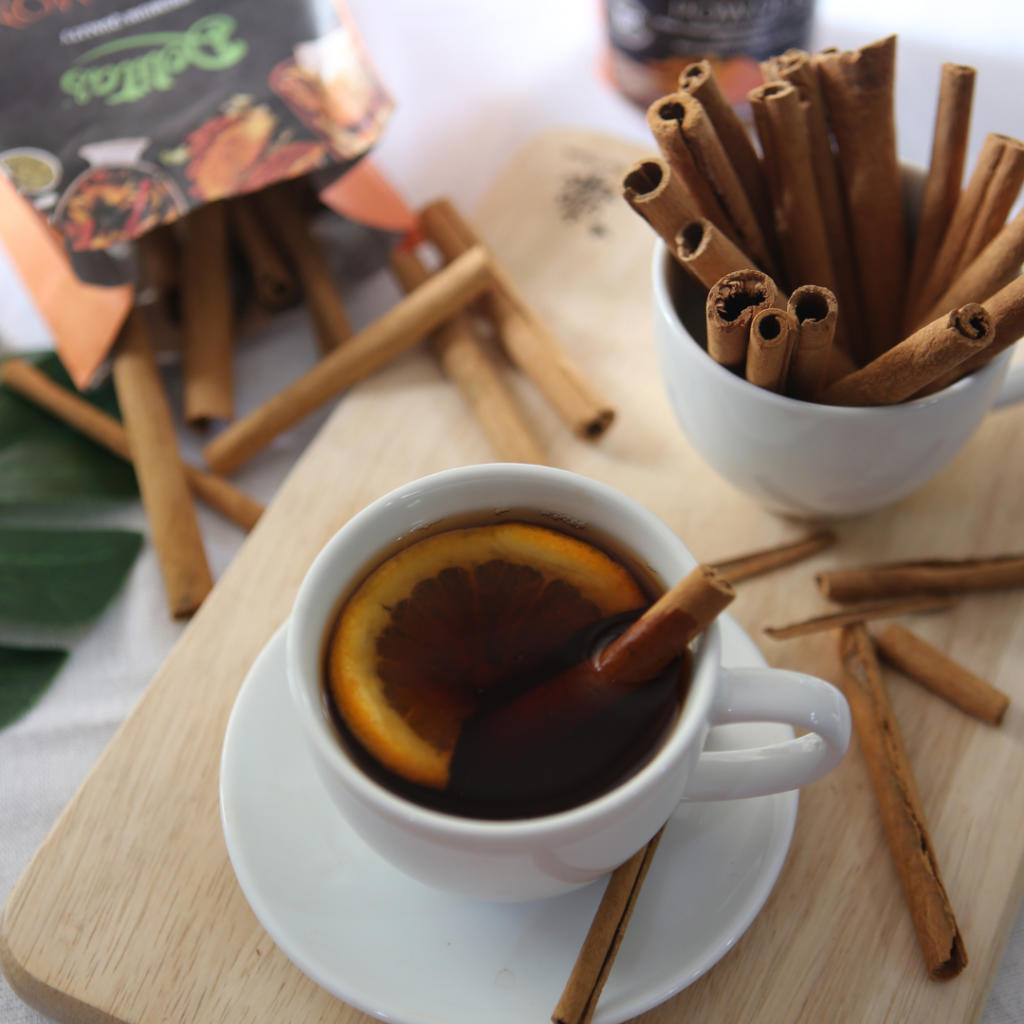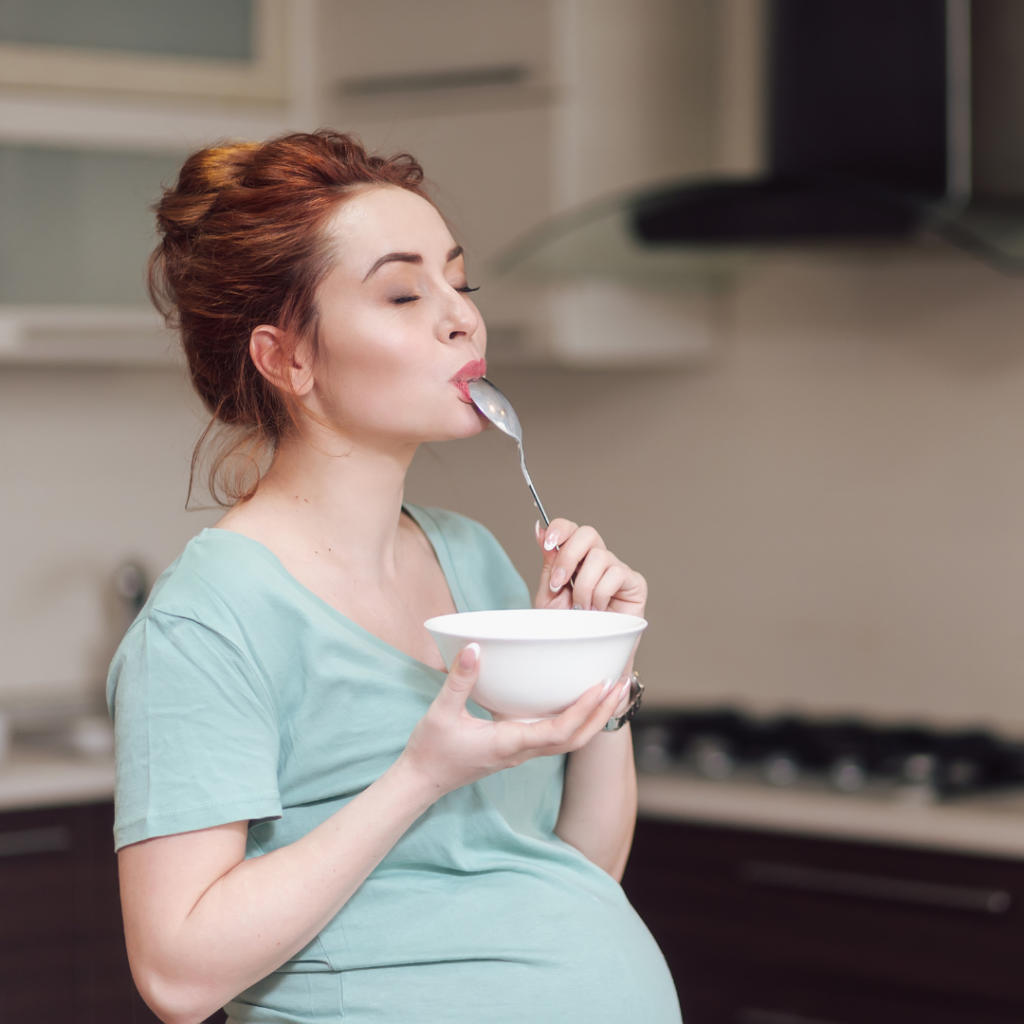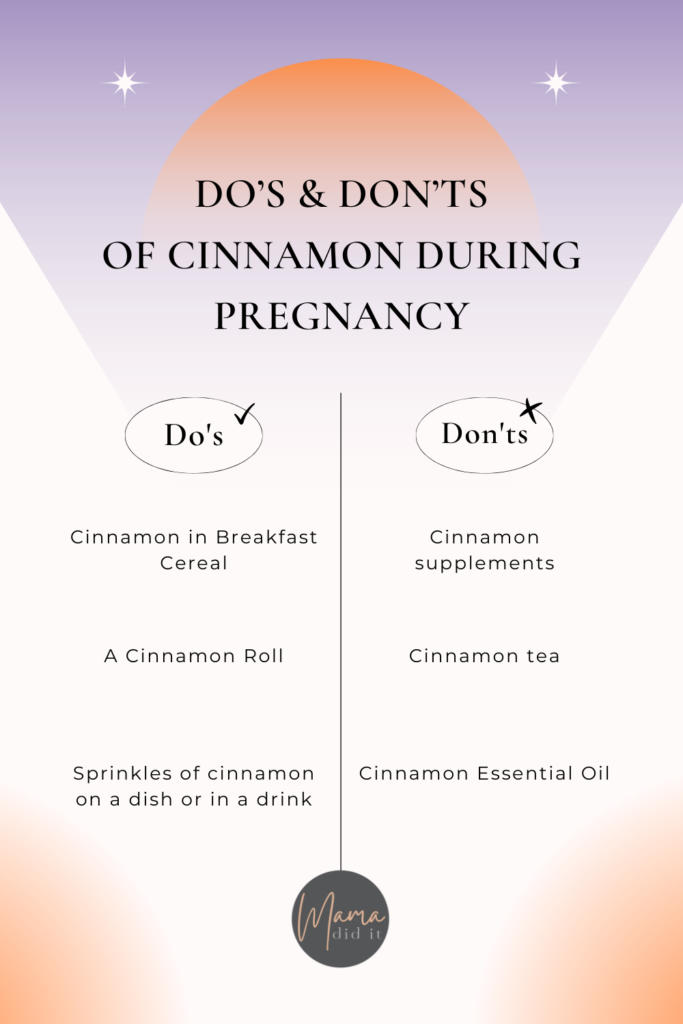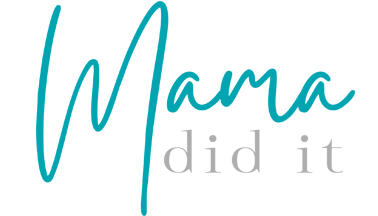Myth or fact? Can cinnamon cause miscarriage during pregnancy? A birth nurse weighs in.
We may never worry more about our intake of food and drink than when we are pregnant. Now we aren’t only caring for ourselves as pregnant women but also our unborn babies. There are many myths surrounding it all. Is this one true: Can cinnamon cause miscarriage during pregnancy?
Who doesn’t love the comfy, rich flavor of cinnamon? It reminds many of us of cozy times. We know there are many off limits foods in pregnancy, such as raw meat, raw eggs, and sushi made from raw fish. Even some herbal teas should be avoided during pregnancy. Is cinnamon one of them?
So, can cinnamon cause a miscarriage during pregnancy?
Here’s the short answer: regular amounts of cinnamon used to flavor recipes and drinks do not put you at risk for miscarriage. So you can still have that Cinnamon Dolce Latte! There are certain cinnamon products to avoid and I will outline those for you below if you are interested.
The Nitty Gritty Research:
Even though there is loads of research done on the health benefits of cinnamon, there are very few done on the effect of cinnamon during pregnancy. Unfortunately, there is a lack of scientific evidence and limited medical information concerning how much cinnamon causes miscarriage.
The closest, reputable research from NCBI (National Center for Biotechnology Information) states, that most herbs and spices (including cinnamon tea) are considered safe in small quantities during pregnancy, but these should be limited due to their interference with various metabolic processes. It’s always a good idea to check with your doctor or midwife for the most up-to-date scientific data and the issue of natural herbs consumption.
The regular use of cinnamon in bakery products, or spicy foods is appropriate. Regular consumption of cinnamon is generally considered a good health practice and a safe choice for early pregnancy. A small amount of cinnamon used in everyday life has shown no increased risk of miscarriage.
But it’s a good idea, to keep away from large amounts of cinnamon. Small quantities are best. A daily sprinkle on toast or in coffee is considered safe, along with an indulgence in a cinnamon roll (a common favorite of cinnamon lovers).
Health Benefits of Cinnamon

Not only is cinnamon just plain delicious, but it also carries health benefits. Cinnamon has been proven to have anti-inflammatory properties. It can be used to decrease inflammation from chronic disease or simply the inflammatory foods we consume.
Cinnamon is also a powerful antioxidant. Antioxidants help protect our cells from free radicals in our bodies. Free radicals may contribute to cancer, heart disease, or other diseases. Simply put, cinnamon has good molecules that help destroy bad ones.
Cinnamon has been proven to help lower the bad cholesterol (LDL) while maintaining the good cholesterol (HDL). It may also help lower blood pressure. These things combined can lower your heart disease risk.
Cinnamon also seems to limit some types of bacterial growth and help prevent infections. Because of its anti-oxidant quality, it also may help prevent cancer growth. It may even help fungal infections.
Overall, cinnamon has been found to have many health benefits, and Ceylon cinnamon may have the most.
Types of Cinnamon
Cinnamon is a spice that comes from the inner bark of a tree. It is quite aromatic and is used in many sweet and savory dishes, snacks, cereals, and teas.
Unfortunately, not all cinnamon is created equal. As I mentioned earlier, cinnamon comes from cinnamon bark which comes from cinnamon trees. It has been revered for thousands of years as an expensive spice.
According to the Britannica, “Cinnamon is native to Sri Lanka (formerly Ceylon), the neighbouring Malabar Coast of India, and Myanmar (Burma) and is also cultivated in South America and the West Indies.” They also state, “Cinnamon was once more valuable than gold. In Egypt, it was sought for embalming and religious practices. In medieval Europe it was used for religious rites and as a flavouring. Later it was the most profitable spice in the Dutch East India Company trade.”
There are several types of cinnamon that vary depending on the harvest species. Cassia cinnamon, Ceylon cinnamon, Chinese cinnamon (different varieties), Malabar cinnamon, and Saigon cinnamon are a few of the varieties. Many are most familiar with cassia cinnamon, which is widely available for purchase in grocery stores and is usually labeled “ground cinnamon.”

Can cinnamon cause a miscarriage during pregnancy? What to avoid.
There are uses of cinnamon that are best to avoid throughout pregnancy such as cinnamon oil, cinnamon supplements, cinnamon tea, and cinnamon essential oil, Large quantities of any of these can cause problems. Say no to a large amount of cinnamon which can cause adverse effects. Possible side effects of large doses or greater frequency of use of cinnamon include gastrointestinal problems, allergies, or harm to the liver.

The NCCIH (National Center for Complementary and Integrative HealthTrusted Source) states, “Little is known about whether it’s safe to use cassia cinnamon during pregnancy or while breastfeeding. Ceylon cinnamon may be unsafe for use during pregnancy if consumed in amounts greater than those commonly found in foods. Little is known about whether it’s safe to use Ceylon cinnamon during breastfeeding in amounts greater than those commonly found in foods.”
Small amounts of cinnamon for a pregnant woman are considered safe. But it’s best to stick with its use as a spice and not a supplement.
Be sure to check out Is it Safe to Drink Gatorade During Pregnancy? The answer may surprise you.
